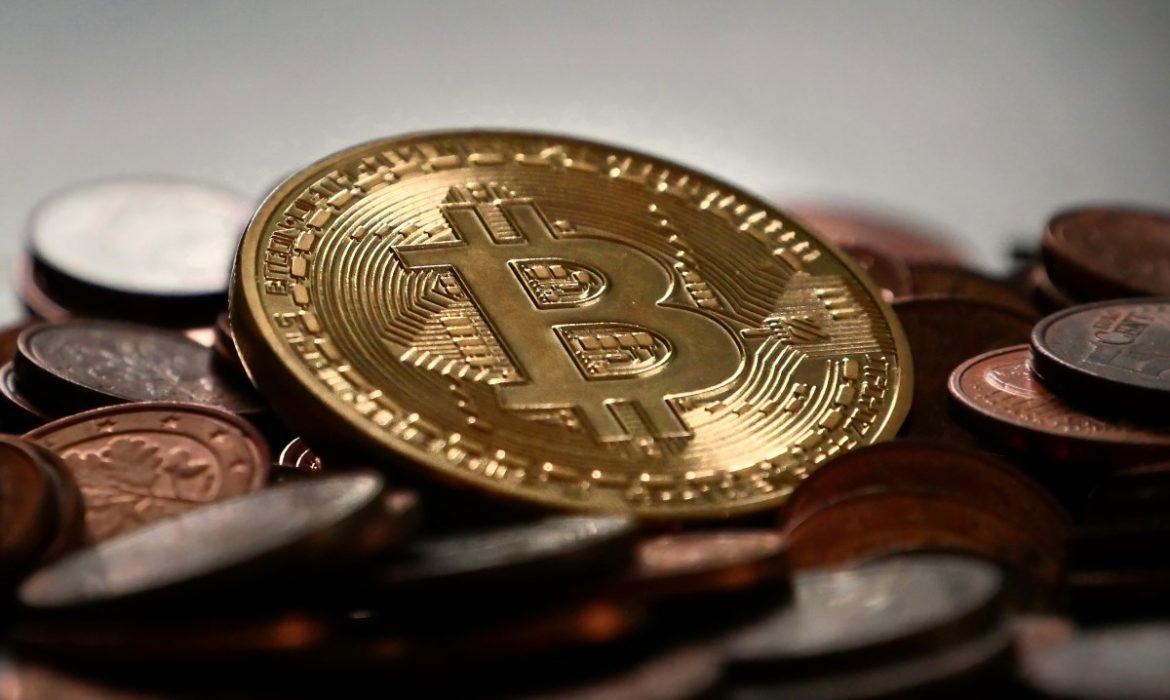On Tuesday, June 22, Bitcoin plummeted 1.87%, falling $617.3 to $32,422.8. On Monday, it touched a two-week low following China’s central bank reaffirming a crackdown on cryptocurrencies. Also, the central bank restricted trading channels for Chinese residents.
The world’s largest digital asset was last seen at the top by 4.58% at $33,000, dropping over 10% last Monday.
Meanwhile, Ethereum, the second-biggest crypto token, rose 5.05% at $1,983 following a five-week low yesterday.
Monday’s sell-off was due to the People’s Bank of China’s announcement. They stated that it had summoned the country’s largest banks and payment firms. Also, it urged them to crack down harder on the trading of cryptocurrencies.
The CEO of Ballet, a crypto app, said that the country basically now says that OTC transactions are not legitimate. He added that banks are not allowing them to transfer money for crypto purchases and sales.
An analyst stated that a 2017 rule pushed the crypto exchanges outside China. However, over-the-counter platforms overseas-based came up to act as middlemen. These people are receiving payment from those who are based in China, and they are buying the cryptocurrencies on their behalf. It is the reason why the country’s call-out essentially put all the OTC platforms out of business.
On the other hand, some Asian traders thought that the overnight market had overreacted to the news.
Another expert said that a Chinese crypto ban is not something new. Yesterday’s news was almost a copy of a previous announcement earlier this year. He added that the leverage, large participants, and fundamental events will always mean that the digital currency can dramatically change.
China Crypto Ban
Moreover, an analyst stated that the cryptocurrency ban in China is just receiving a lot of clouts. Last month, three industry associations announced a ban on crypto-related financial services. However, it is almost nowhere to be found on the news since the groups are less famous than the People’s Bank of China.
Market participants said that during times when earlier bans are hard to enforce, banks and payment firms are struggling to identify crypto-related payments. Yet, after the PBOC’s statement last Monday, banks, including the Agricultural Bank of China and Alipay, said they would start monitoring crypto transactions.
Also, Bitcoin mining is largely affected by China’s crackdown. The hash rate, which gauges the processing power of the BTC network and shows how much mining takes place, just hit its lowest level on Monday since late 2020.
In China, the crypto mining platform is a huge business accounting for over half of the global bitcoin production. However, since the State Council’s statement, mining bans have been issued in major bitcoin areas such as Sichuan, Xinjian, and Inner Mongolia.















